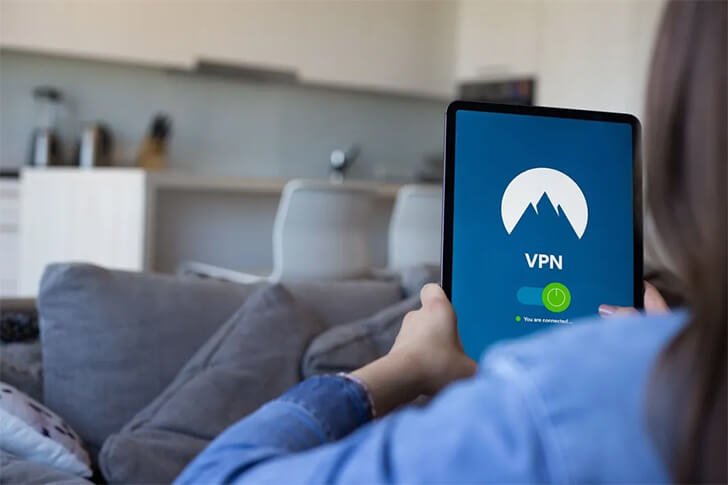
TheDigitalArtist \ Pixabay
Are you looking for the right internet service provider? Deciding on the right internet service provider for your home or business can be overwhelming, considering so many factors. The first step is to know what features and services you need and the variety of options available. It's essential to assess your needs, budget, and other relevant considerations to pick the best internet service provider. In this article, we'll explore the various factors to consider and provide helpful tips to guide you through selecting the right one.
How To Find the Best Internet Service Provider (ISP)
Consider the Type

Hive communications
One of three types of ISPs typically provides broadband access: cable, telephone, and fiber optic. Cable providers are the most popular, followed by telephone line providers, and finally, fiber optic providers, which are often used in large cities or developing neighborhoods.
What Speed and Bandwidth Are They Offering?
An internet connection's speed and bandwidth depend on the provider you select. Cable connections are typically faster than telephone lines, but fiber-optic providers offer the highest rates and best bandwidth. When choosing an ISP, determine the speed and bandwidth they provide.

Bru-nO \ Pixabay
Do They Offer Unlimited Data?
When selecting an ISP, it's crucial to determine if the provider offers unlimited data or if there is a cap on the amount of data you can use each month. Many ISPs provide different service tiers, ranging from lower-speed data caps to unlimited high-speed data plans. The type of plan you select will determine the amount of data you can use and the cost of the service. If you have multiple users or do a lot of streaming, gaming, or downloading large files, an unlimited data plan may be worth the extra cost.
Check for Hidden Fees
Before signing a contract, make sure you understand all of the fees that are involved, as well as the length of the contract agreement. Some ISPs require you to sign annual contracts, with additional fees and/or cancellation fees, if you opt out before the end of the contract period. Some ISPs charge extra fees for premium features or different speeds, while others bundle fees for multiple services. Read the fine print and ask questions to understand all costs associated with the service.
Take Advantage of Any Deals and Promotions
To get the most bang for your buck, look for special deals and promotions a provider might offer. This could include discounts on installation fees, discounted connection speeds, or even free service for a certain period. Additionally, you may be eligible for special discounts or promotional offers if you bundle your internet service with other services such as cable. Many ISPs offer discounts or promotional offers for students, military personnel, and senior citizens, so be sure to ask about these deals.
Consider Additional Services
Security: Security measures vary from one ISP to another, so it's essential to clarify what type of security measures your chosen provider offers. This includes firewall protection, virus scanning programs, anti-spam settings, and virtual private networks (VPN).

StefanCoders \ Pixabay
Customer Support: Access to reliable customer support is essential for connecting and using your internet service effectively. Find out if the ISP you're considering offers online, phone, or live chat support and whether they use automated systems or provide a human touch during the resolution process.
Technical Assistance: If technical assistance is something that you think you'll need, then make sure that you select an ISP that offers options such as onsite technicians, remote troubleshooting sessions, or access to a knowledge base with tutorials and frequently asked questions (FAQs).
Other Factors To Consider
Location: The location of your home or office determines which ISPs are available to you. Use an online search engine such as Google Maps to identify the ISPs that serve your area by entering your zip code or address information to view results based on proximity to your home or office address.
Reputation: To ensure that you select a reliable provider with a good track record, read reviews from current and previous customers before deciding which services you sign up for. You can also look for third-party ratings from organizations such as Consumer Reports or the Better Business Bureau (BBB).
Cost: When selecting an ISP, the monthly cost and any additional fees or setup costs should be considered. Don't forget to compare packages from different providers to get the best value for your money.

Martinvorel \ Pixabay
Time to Make a Decision
Once you've researched and taken the time to assess your needs, budget, and preferences, it's time to decide. Comparing different providers will allow you to make an informed decision that best meets your needs. Don't forget to read the fine print, ask questions, and look for any extras that might be included in the package. With the correct information, you can pick the best internet service provider that fits your needs and budget.
show more






















